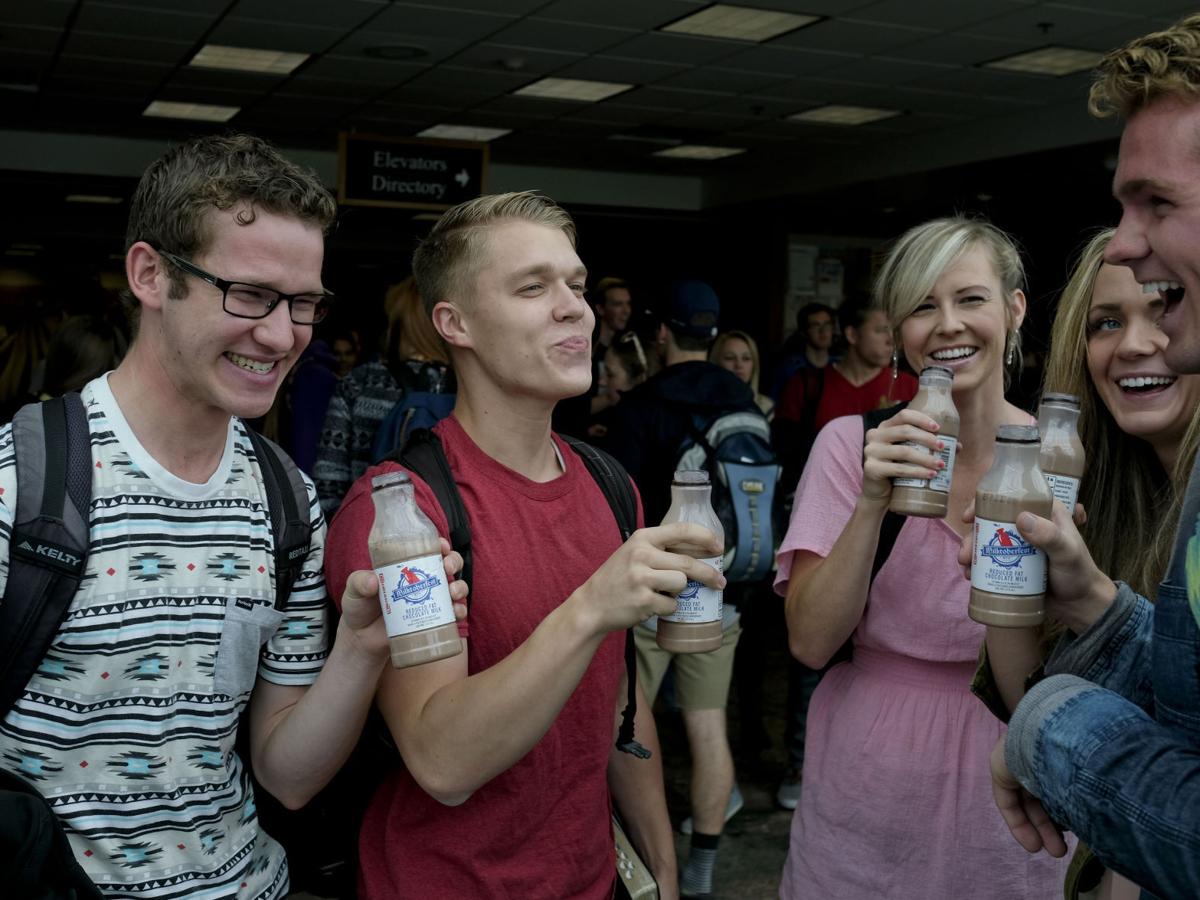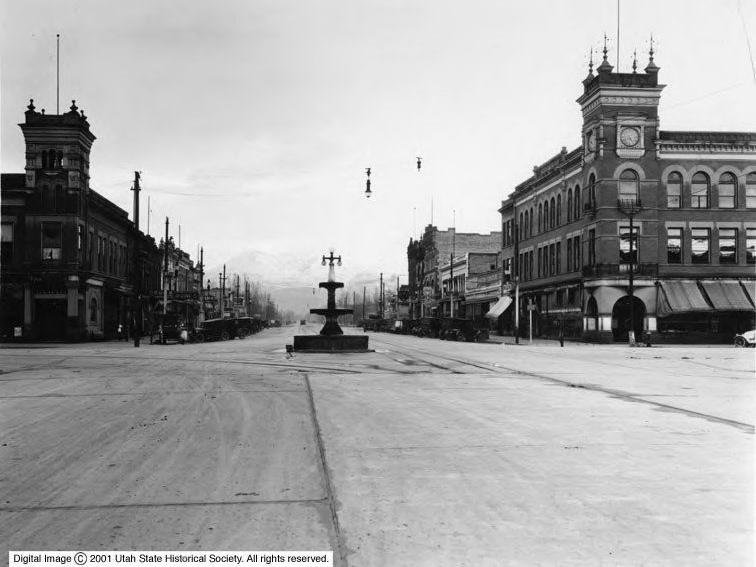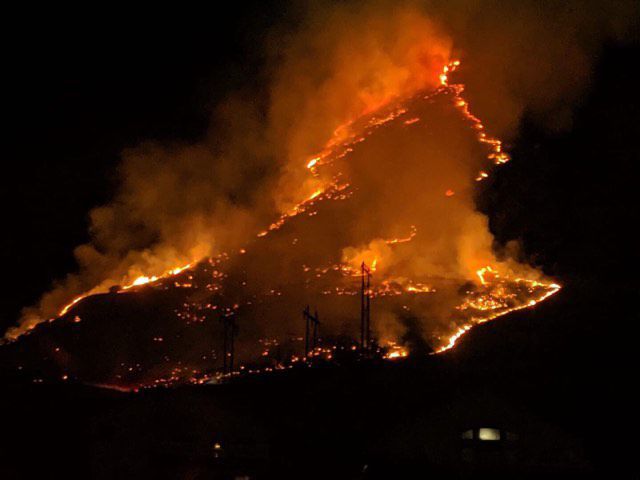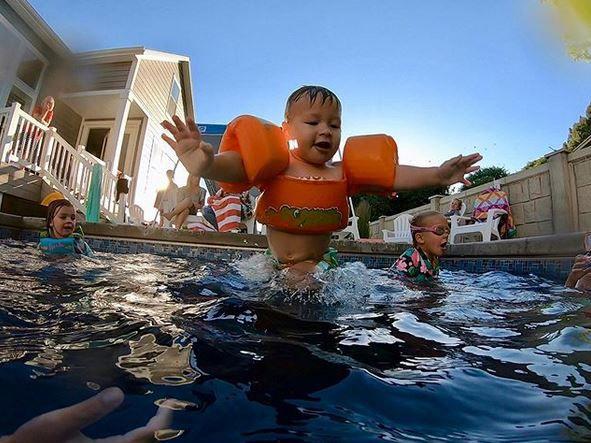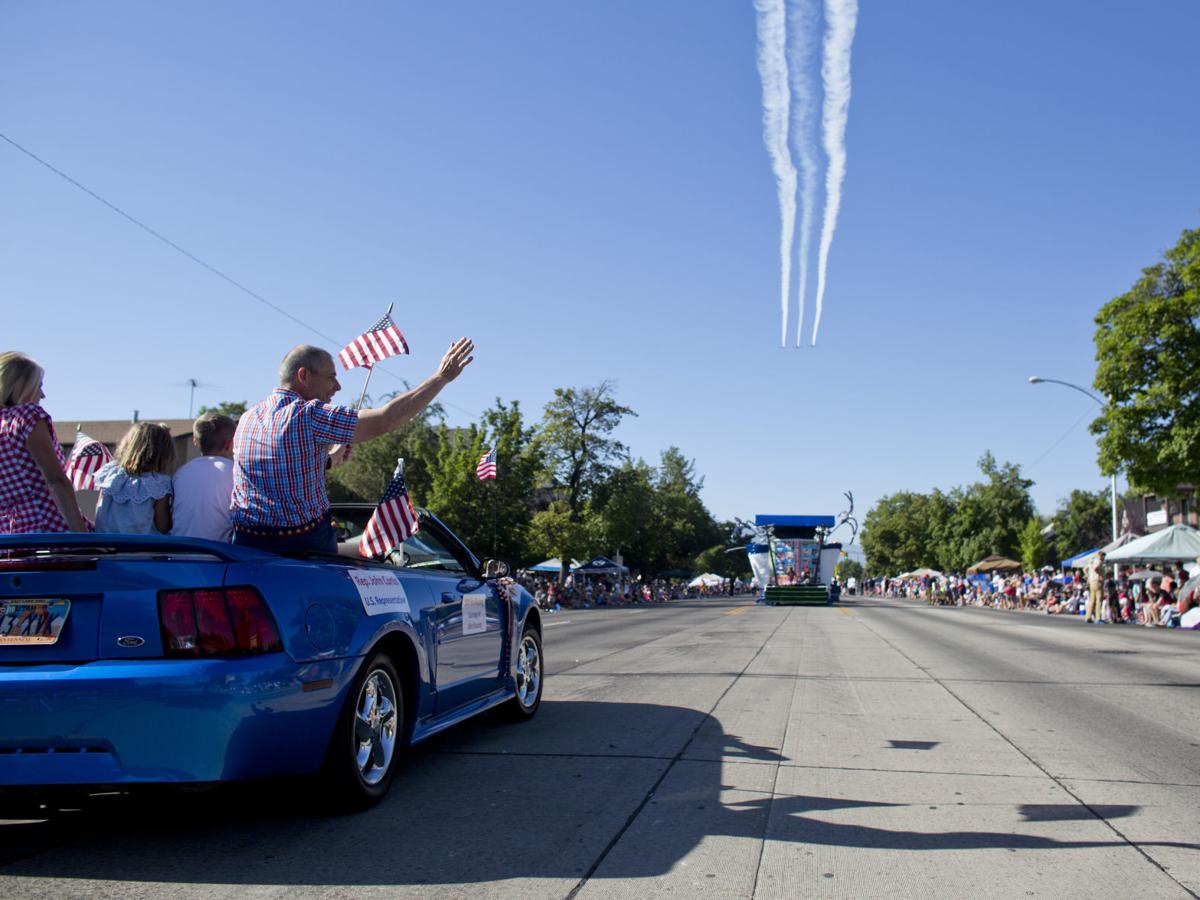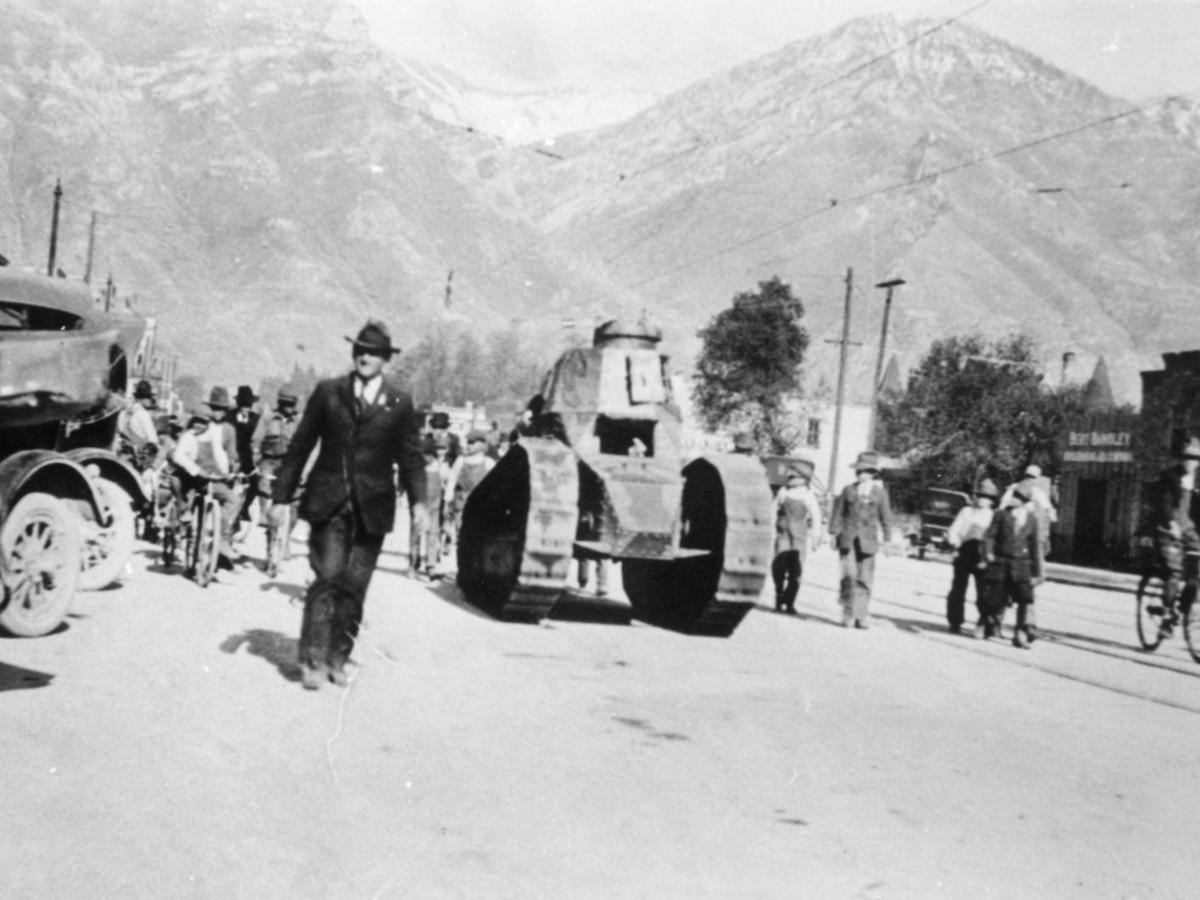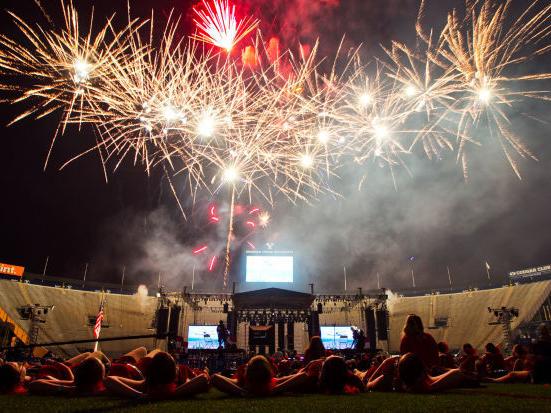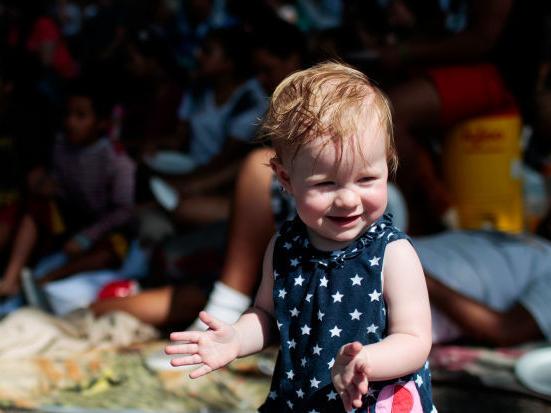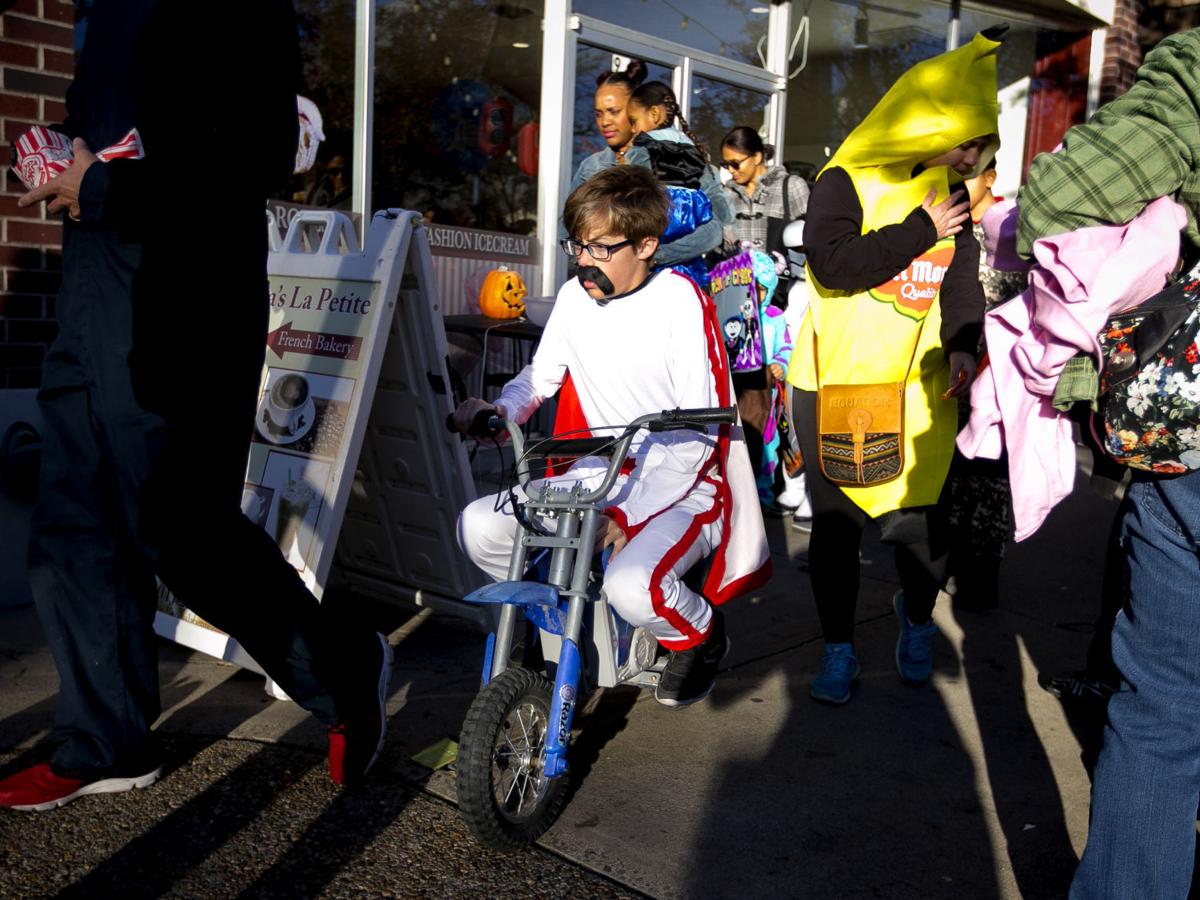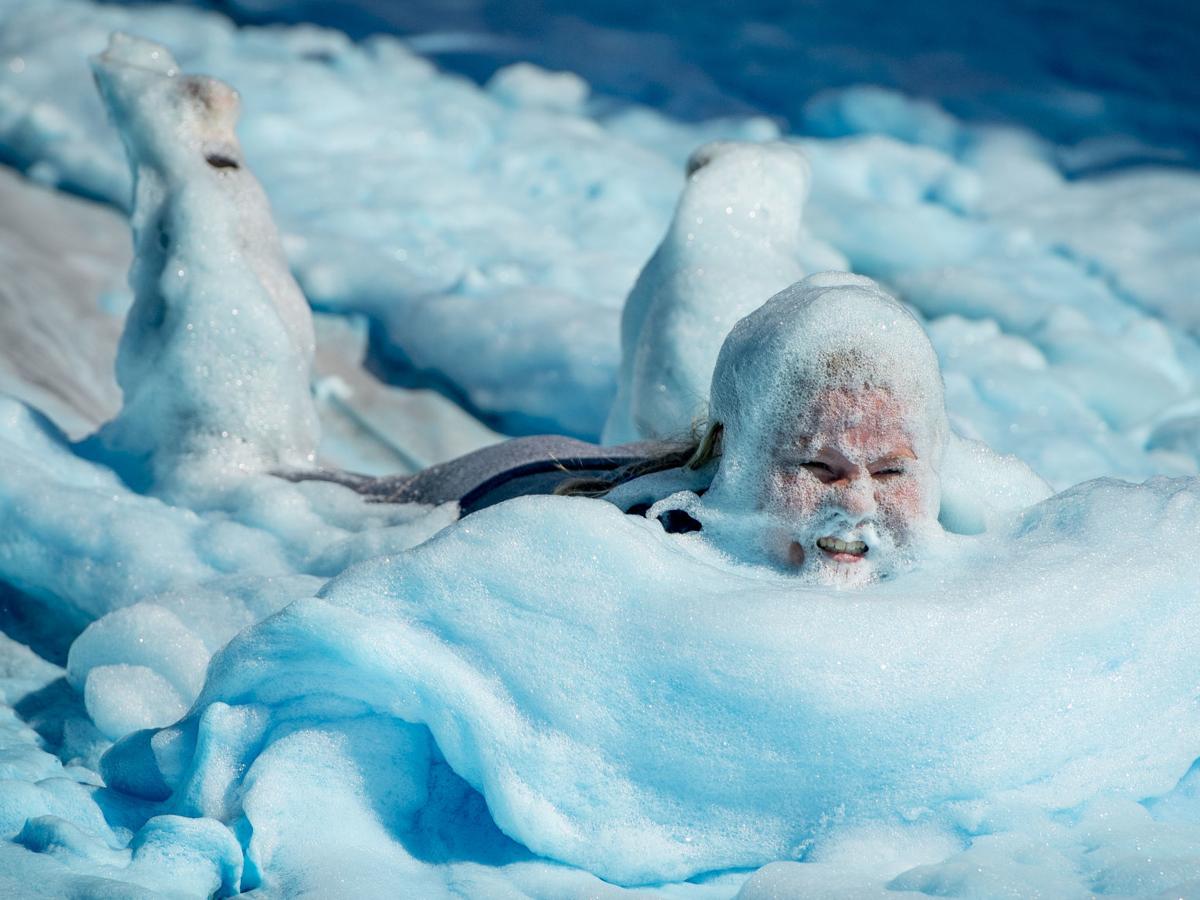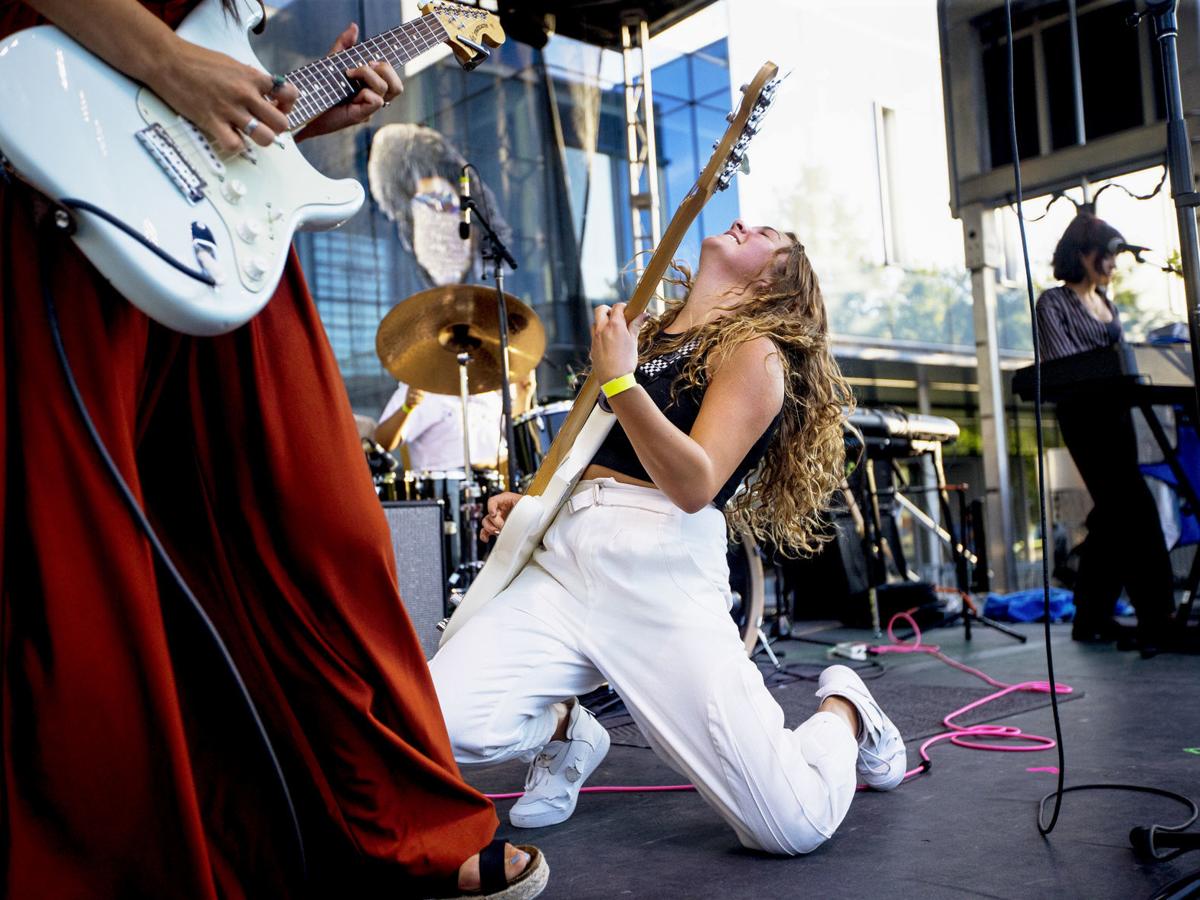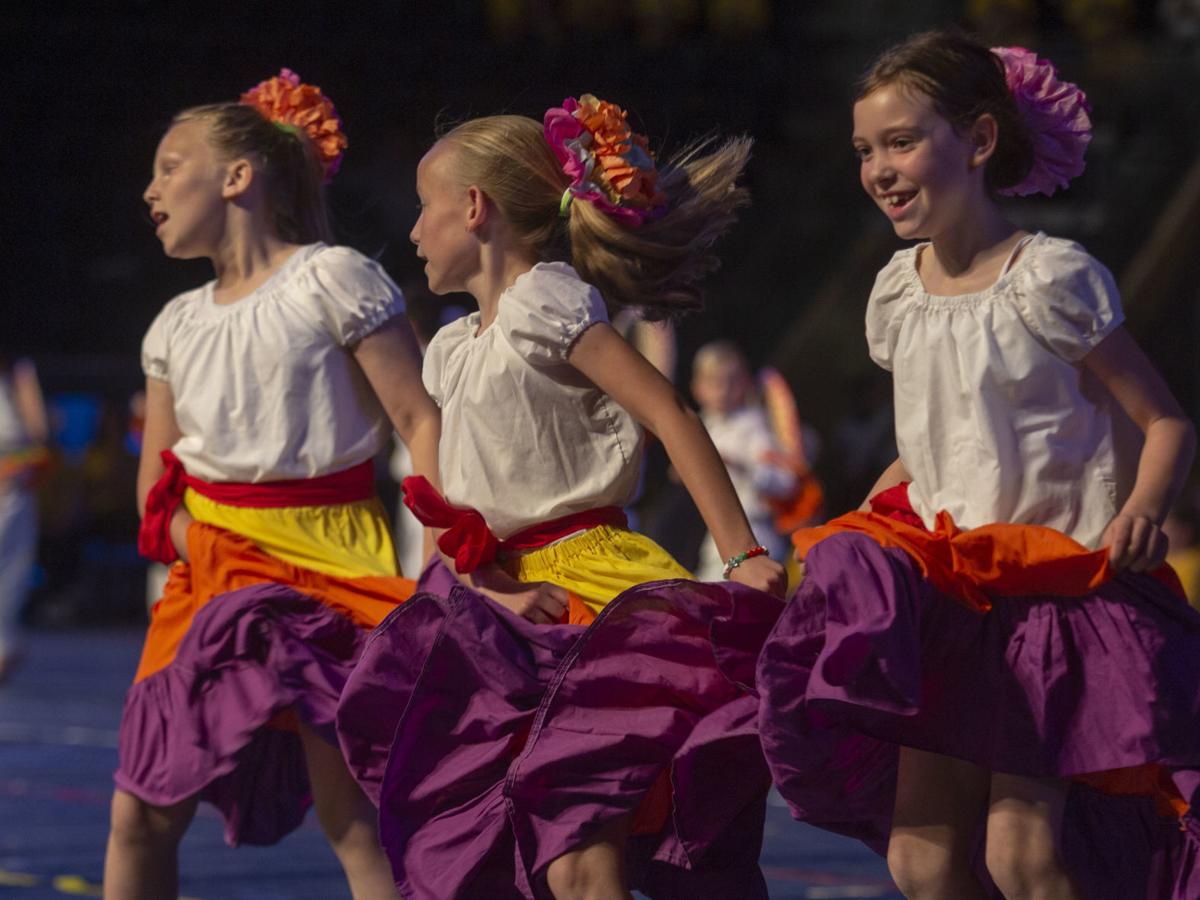Utah’s love of genealogy is causing big boons for Utah’s Daughters of the American Revolution chapters.
“That longing that people had that is making these genealogical companies successful I think is helping the DAR see the growth, as well, because it is inherent for all of us as human beings,” said Kelly Schaeffer-Bullock, the vice regent for the Wasatch Range Chapter of the DAR. “We start out as part of another human being. We aren’t Cabbage Patch Kids.”
Both Utah’s overall DAR membership and the Wasatch Range Chapter, which covers Utah County, have seen growth in recent years as people have migrated to Utah from other states and DNA-based ancestry tests have emerged.
The service-based organization accepts women who can prove lineal descent from someone who provided service or direct assistance in the American Revolutionary War.
Utah County’s Wasatch Range Chapter has 80 members and plans to split after a Lehi chapter is formed.
“Particularly here in Utah, I think it is a love of family history and lineage and genealogy that kind of starts the process, sparks people’s interest,” said Diana Nielsen, the regent of the Wasatch Range Chapter.
The group meets monthly at the Provo City Library, promotes historical education and preservation and performs service activities. Service work the chapter has done includes donating to homeless veterans, performing book collections, planting trees for Arbor Day, doing programs at libraries and creating Christmas stockings for military members in Afghanistan.
“I love all of these service projects,” Nielsen said. “They are very attainable.”
Unlike chapters in the eastern United States, Utah’s DAR chapters aren’t based out of Revolutionary War-era buildings that they maintain. Even without that connection to the American Revolution, Nielsen said the group still pushes for historical education.
“There is still an interest in any community to promote history, and another way of promoting history is learning about it,” Nielsen said.
She plans to reach out to college students to try to gain more younger members.
Susan Holt, the regent of the Utah State Society DAR, said that while eastern states have larger memberships, migration from California is helping to boost Utah’s numbers.
“Our membership is increasing by leaps and bounds here,” she said.
There were 486 Utah DAR members in 2018. It’s since grown to 538 members, with new chapters being added in South Jordan and one being eyed in Kanab. The national organization has been around since 1890 and has about 185,000 members.
Holt said she took office in 2018 with the plan to add new chapters, which hadn’t been done in Utah in two decades.
In Utah, Holt said the DAR can be mistaken for Daughters of Utah Pioneers.
She plans to continue pushing to increase membership and organize chapters in Utah’s population centers. An area needs 12 members before it can be recognized as a new chapter.
For Schaeffer-Bullock, she became interested in joining the DAR after becoming an attorney, remembering that her father had once told her she qualified for membership and being fascinated with the country’s founding.
“I really wanted to understand what happened because that was really where the soil was laid so that the Constitution could later come forward,” she said.
Schaeffer-Bullock said the organization’s mission speaks to her. Looking back at America’s founding, she said she knows that as a woman, she wouldn’t have been welcome in the room, but that she considers those moments the turning points toward equality today.
“As women and as a female organization, we are acknowledging the legacy of our ancestors and in doing that and protecting their legacy, we are creating a legacy of our very own,” Schaeffer-Bullock said.
She sees the organization remaining relevant in Utah.
“We are really involved in the community and we are really involved in trying to ensure that the legacy not only left by our patriot ancestry, but the legacy that was left by the Daughters who came before us is not forgotten,” Schaeffer-Bullock said.
She said the organization has had speakers like water conservationists address the group, and that the DAR also recognizes people for their local service.
“It isn’t just a group of old ladies that get together and kind of prattle,” Schaeffer-Bullock said.

